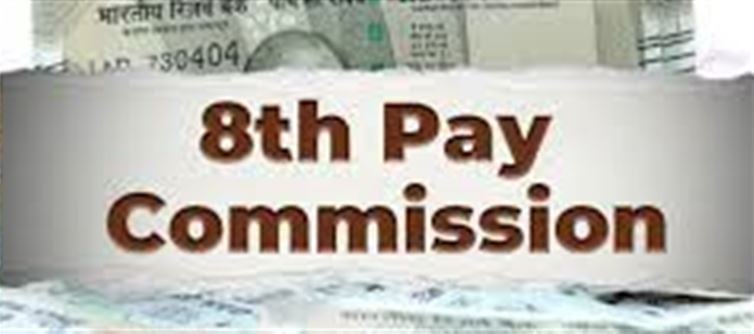
1. Union cabinet Approves 8th Pay Commission Terms of Reference
The Union cabinet, chaired by prime minister Narendra Modi, has officially approved the Terms of Reference (ToR) for the 8th Central Pay Commission (CPC). This approval marks a critical step in the process of revising pay and benefits for central government employees and pensioners.
2. What is the 8th Pay Commission?
The 8th Pay Commission is the latest in a series of commissions established to review and recommend changes to salaries, allowances, and pensions of central government employees. Its recommendations typically influence compensation policies for millions of beneficiaries across India.
3. Significance of Approving the Terms of Reference
Approval of the ToR provides a formal mandate for the commission to begin its work. The ToR outlines the objectives, scope, and timelines of the commission, guiding it in reviewing pay scales, allowances, and pension structures.
4. Expected Impact on Employees and Pensioners
Once implemented, the recommendations of the 8th Pay Commission are expected to:
- Increase salaries of central government employees.
- Revise allowances, including travel, housing, and medical benefits.
- Adjust pension schemes to reflect inflation and cost-of-living changes.
5. Timeline for Salary Revision
The government has indicated that the entire process, from the commission’s formation to the implementation of its recommendations, may take up to 18 months. Employees and pensioners can expect salary revisions within this period.
6. Economic and Administrative Implications
Revising pay scales for millions of central employees has broad economic implications, including increased disposable income, higher consumer spending, and budgetary adjustments for the government. Administratively, it will require coordination across ministries and departments.
7. Next Steps
With the ToR approved, the 8th Pay Commission will formally begin its work. It will conduct studies, collect data, and consult stakeholders before submitting its recommendations to the government.
Disclaimer:
The views and opinions expressed in this article are those of the author and do not necessarily reflect the official policy or position of any agency, organization, employer, or company. All information provided is for general informational purposes only. While every effort has been made to ensure accuracy, we make no representations or warranties of any kind, express or implied, about the completeness, reliability, or suitability of the information contained herein. Readers are advised to verify facts and seek professional advice where necessary. Any reliance placed on such information is strictly at the reader’s own risk.




 click and follow Indiaherald WhatsApp channel
click and follow Indiaherald WhatsApp channel